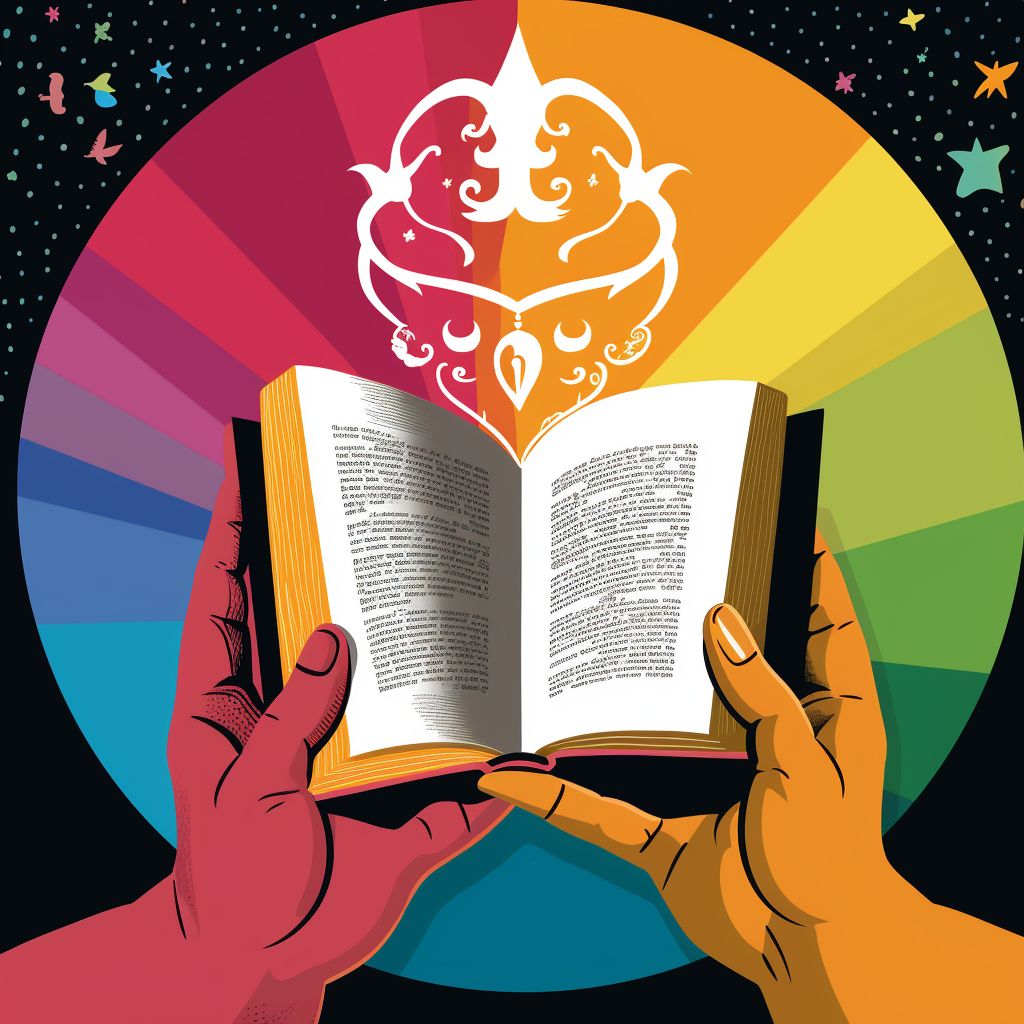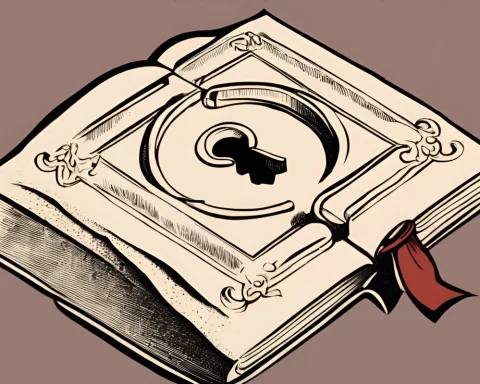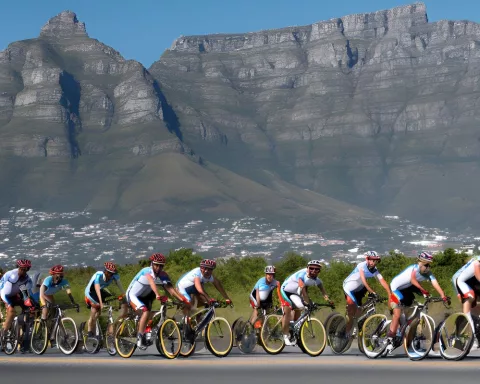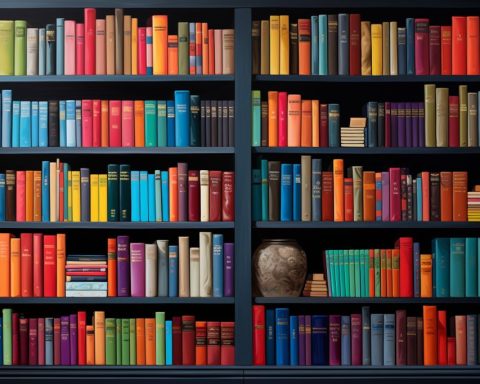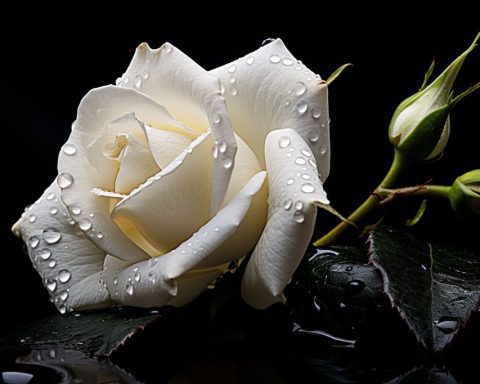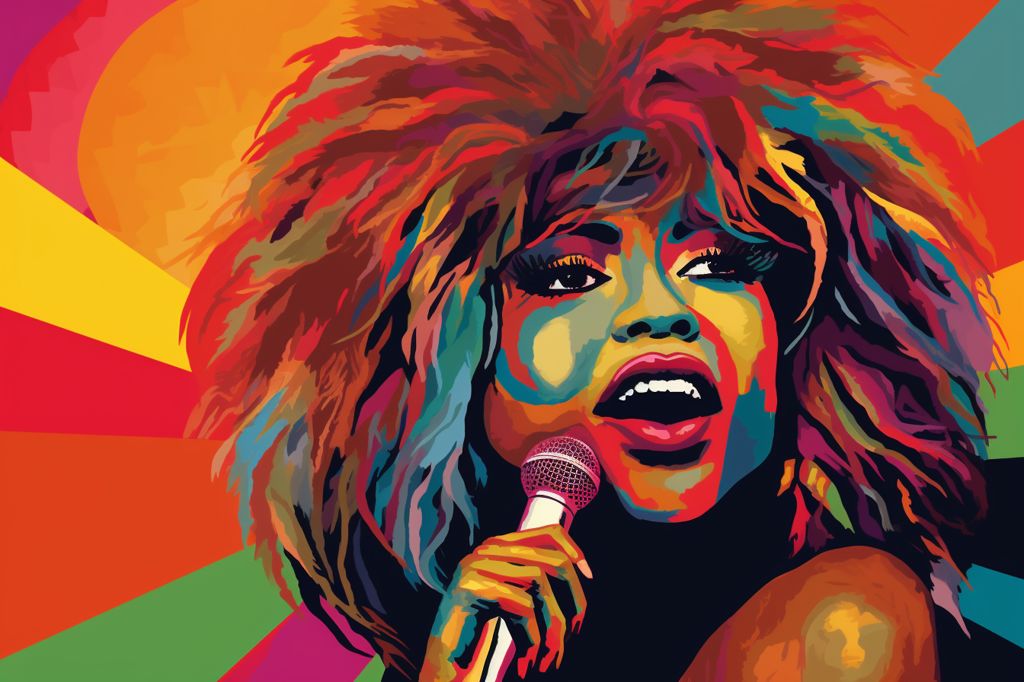Abdellah Taïa is a Moroccan writer and filmmaker who has become the first openly gay writer from the Arab world and North Africa. He publicly came out in 2006, defying societal norms and sparking an important conversation about queerness and religion. Taïa’s work has challenged the notion of Islam as an inherently homophobic faith, offering new perspectives on queer identity and religion across Africa.
Islam as a Source of Queer Creativity and Subjectivity
Traditionally, academic research on religion and queerness in Africa has focused on Christianity, leaving Islam largely unexplored. However, Taïa’s work has highlighted how Islam can serve as a source of queer creativity and subjectivity, breaking down the barriers between North and Sub-Saharan Africa and demonstrating the shared experiences of Muslim Africans.
Literature as a Tool for Representation and Critique
Through his novels and films, Taïa has explored the complexities of being gay in Moroccan Muslim society, demonstrating how Muslim social spaces can provide acceptance and protection for queer individuals. His novels have challenged prevailing silence around queer-related issues in North Africa and the wider Muslim world. Other African writers, such as Somali writer Diriye Osman, Rayda Jacobs, and Jamil F. Khan, have also depicted the coexistence of queer identities and Islamic faith.
Reimagining Queer Muslim Identity
While some passages of the Quran admonish homosexuality, Taïa’s novels demonstrate that it is possible to reinterpret Islam in a way that embraces freedom of expression and being. This reimagining is both restorative and liberating, allowing queer Muslims to find acceptance and affirmation within their faith. Through literary texts like Taïa’s, readers can gain a deeper understanding of the experiences of queer Muslims across the continent.
Literature as a Tool for a More Inclusive and Diverse Vision of African Muslim Queer Identity
Despite the ongoing struggle against religiously motivated queerphobia, the work of Abdellah Taïa and other African writers highlights the power of literature as a tool for representing, critiquing, and reimagining religious realities and their impact on daily life. By challenging traditional perspectives and fostering greater understanding, these creative works contribute to a more inclusive and diverse vision of African Muslim queer identity.

